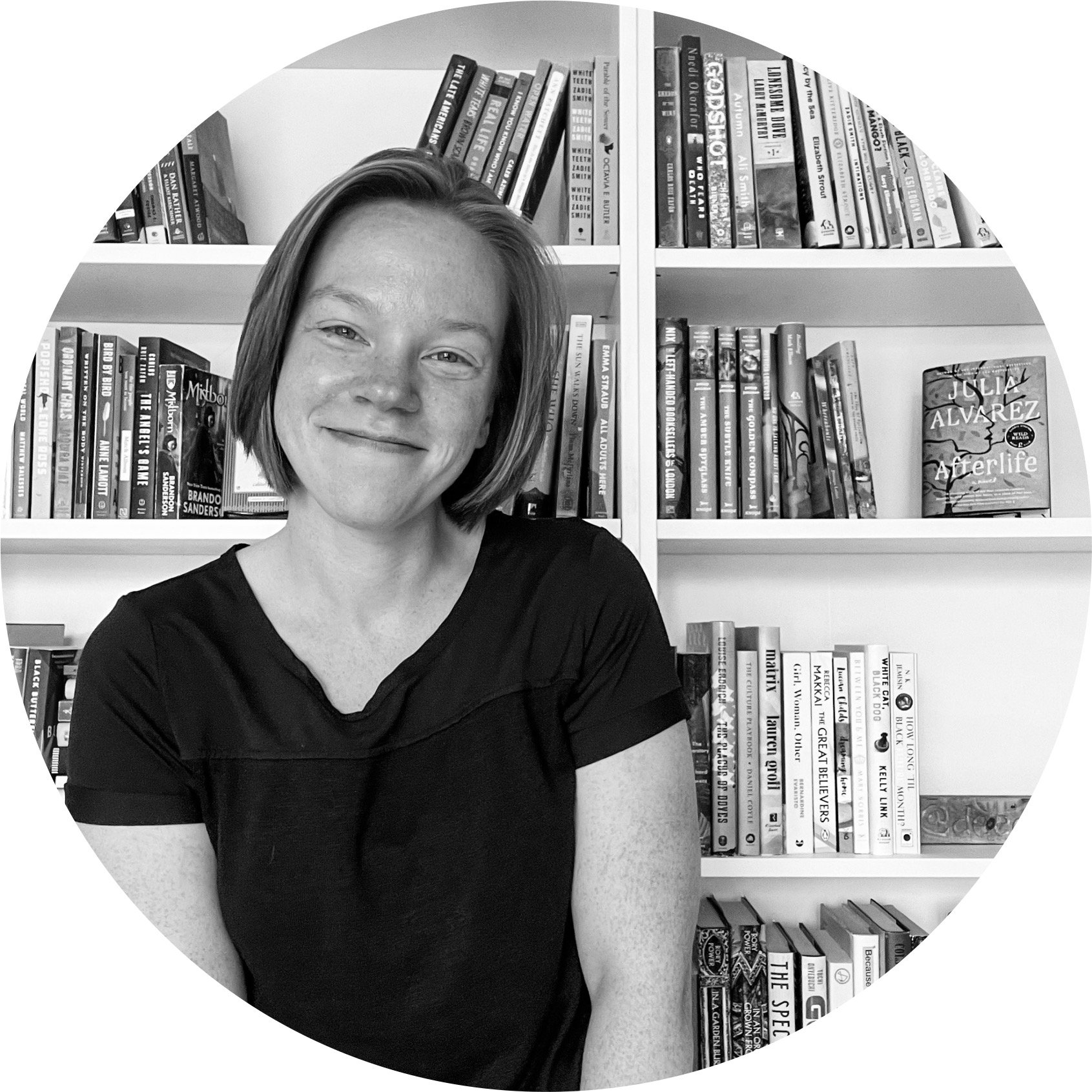Braiding Sweetgrass: Indigenous Wisdom, Scientific Knowledge and the Teachings of Plants
Author: Robin Wall Kimmerer
Publisher: Milkweed Editions
Goodreads | The StoryGraph
Click above to buy this book from my Bookshop.org shop, which supports independent bookstores (not Amazon). You can also find it via your favorite indie bookstore here.
Cover Description
As a botanist, Robin Wall Kimmerer has been trained to ask questions of nature with the tools of science. As a member of the Citizen Potawatomi Nation, she embraces the notion that plants and animals are our oldest teachers. In Braiding Sweetgrass, Kimmerer brings these lenses of knowledge together to show that the awakening of a wider ecological consciousness requires the acknowledgment and celebration of our reciprocal relationship with the rest of the living world. For only when we can hear the languages of other beings are we capable of understanding the generosity of the earth, and learning to give our own gifts in return.
TL;DR Review
Braiding Sweetgrass was everything people told me it would be: warm, moving, eye-opening. I read a chapter a day and never wanted it to end.
For you if: You want to learn more about nature and/or botany and/or Indigenous wisdom about the earth.
Full Review
“For all of us, becoming Indigenous to a place means living as if your children’s future mattered, to take care of the land as if our lives, both material and spiritual, depended on it. … Can a nation of immigrants once again follow [Skywoman’s] example to become native, to make a home?”
In early September, I asked my Instagram followers for one book that changed the way they saw the world — and three people recommended this one. (Out of 26!) So that obviously put it on my radar, and a few friends and I decided to read it together in October. (It has 31 chapters, not counting the introduction and conclusion, so it fit perfectly into the month.) And…it’s hard to overstate how much we loved it. We were all truly sad when it was over, having wanted it to last forever.
Robin Wall Kimmerer is a member of the Citizen Potawatomi Nation and an ecology professor at SUNY Environmental Science & Forestry (which happens to be where I grew up, near Syracuse, NY). In this book, she takes science and Indigenous teachings together, braiding them in with the broader world and our relationship to it. She is so kind, warm, and wise — this comes through especially so in her reading of the audiobook. She does say she once considered being a poet, and it shows.
I learned so much. So much about science, about plants, about Native American teachings and traditions, about reciprocity and gifts, and about myself, too. I had never before considered how humans’ presence could benefit our planet, or how we other and other species don’t just share the world, but actually depend on one another. I’d considered our responsibility to try to avoid harm, but never our responsibility (or ability!) to do active good.
I especially loved the chapter on Onondaga Lake, because it was so much about my home. But I also really really loved the one about “learning the grammar of animacy,” as I’m obviously a big language person.
I will be giving this to people as a gift for years, I think. I just want everyone to read it, to be touched by it.


